Emerging evidence suggests Antarctic krill meal could be a sustainable fish feed alternative that benefits salmonid diets
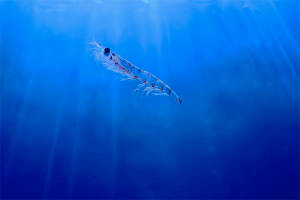
One of the most abundant animal species on the planet, Antarctic krill (Euphausia superba), a small shrimp-like organism that lives in the Southern Ocean, has been a front-runner as a possible alternative to fishmeal and fish oil. Krill meal has been used as aquafeed for decades, but logistical, sustainability and harvesting concerns have inhibited its widespread uptake by the industry. However, the tides may be turning, as new evidence indicates that Antarctic krill meal is beneficial in salmonid diets, and under certain conditions, can be harvested sustainably.
“For decades, there has been a heavy reliance on the limited sources of fishmeal and fish oil in the salmonid aquaculture industry,” wrote the authors of a research paper recently published in Aquaculture Nutrition that documents the benefits of krill meal in salmonid diets. “Further growth in farming of carnivorous fish is dependent on new feed resources becoming available. The only unexploited marine resources of significant biomass are found at lower trophic levels, of which the Antarctic krill has a high potential.”
The research paper – which involved scientists from Aker BioMarine, a biotech innovator and Antarctic krill-harvesting company – indicates that Antarctic krill products can have a positive impact on the feed intake, growth performance, fillet quality and organ health in salmonids.
“This review paper is a culmination of multiple studies all showing that krill meal has proven to be a sustainable source of protein, phospholipids, omega-3 fatty acids such as EPA and DHA, feed attractants and astaxanthin, making it a key marine ingredient for fish diets,” said Kiranpreet Kaur, PhD, Director R&D, Salmonids, Aker BioMarine. “Sustainability of ingredient sources is an increasingly important factor for the aquaculture industry, which is why the use of Antarctic krill is helping salmonid farmers to reduce their reliance on costly and limited-in-supply fish products.”
As outlined in the paper, krill meal inclusion in salmonid feed could be beneficial for enhancing feed intake and growth performance for fish, due to its feed attractant properties. Just 8-10 percent krill meal for 10 to 12 weeks is considered sufficient to achieve growth performance benefits.
Another key finding was that the astaxanthin present in krill meal transfers to salmonid fillets, improving pigmentation and overall fillet quality, based on inclusion levels of 10-15 percent. Krill meal inclusion (10 to 15 percent) enhances the fillet quality by increasing firmness and by reducing gaping.
The research also indicates that the inclusion of 10-15 percent krill meal in the salmonid diet may be beneficial for liver and intestinal health. It’s reportedly attributed to the phospholipids, and phospholipid-bound EPA and DHA in krill that help to reduce fat accumulation and inflammation in the liver and intestinal tissues.
“More studies are needed to deepen the knowledge on the benefits of krill in salmonids and the biological pathways involved,” concluded the authors. “The effect of krill products on broodstock performance and resistance towards different parasites and pathogens would merit future studies.”
Despite the possible benefits of Antarctic krill, concerns continue to be raised about sustainable harvesting. But the landscape is looking better: the Sustainable Fisheries Partnership (SFP), a nonprofit that operates globally to rebuild depleted fish stocks and reduce the environmental and social impacts of fishing and aquaculture, recently placed Aker BioMarine in the A-Category in its 2021 Fisheries Reduction report.
“The category ranking is based on management and stock status criteria from FishSource, in which the fishery received >8 scores,” said Charlotte Maiden, media relations manager for SFP in an email to the Advocate. “But the environmental impact of the fishery was not included in this review.”
An A-rating from SFP is only achieved if the fishery earns more than eight points (out of 10), suggesting that it’s a well-managed fishery. Aker BioMarine’s Antarctic krill fishery earned between eight to 10 points in all categories – the highest among the evaluated fisheries.
“In a time where oceans are under pressure from climate change, fisheries and fisheries management are put under high scrutiny,” said Pål Skogrand, director of sustainability and Antarctic affairs at Aker BioMarine. “It is reassuring for us to have another validation of the performance of the krill fishery from a strong source like SFP.”
Aker BioMarine attributes the company’s positive score to its “precautionary approach” to krill management, stringent catch limits and “a small but forward-looking industry which sets huge industry standards.”
“Sustainability is at the core of everything we do,” said Skogrand. “It’s up to the ocean industries like ourselves to work methodically and sustainably over time to ensure that we are using this resource responsibly if we are to succeed in ensuring the longevity of the oceans.”
Follow the Advocate on Twitter @GSA_Advocate
Now that you've reached the end of the article ...
… please consider supporting GSA’s mission to advance responsible seafood practices through education, advocacy and third-party assurances. The Advocate aims to document the evolution of responsible seafood practices and share the expansive knowledge of our vast network of contributors.
By becoming a Global Seafood Alliance member, you’re ensuring that all of the pre-competitive work we do through member benefits, resources and events can continue. Individual membership costs just $50 a year.
Not a GSA member? Join us.
Author
-
Responsible Seafood Advocate
[103,114,111,46,100,111,111,102,97,101,115,108,97,98,111,108,103,64,114,111,116,105,100,101]
Tagged With
Related Posts
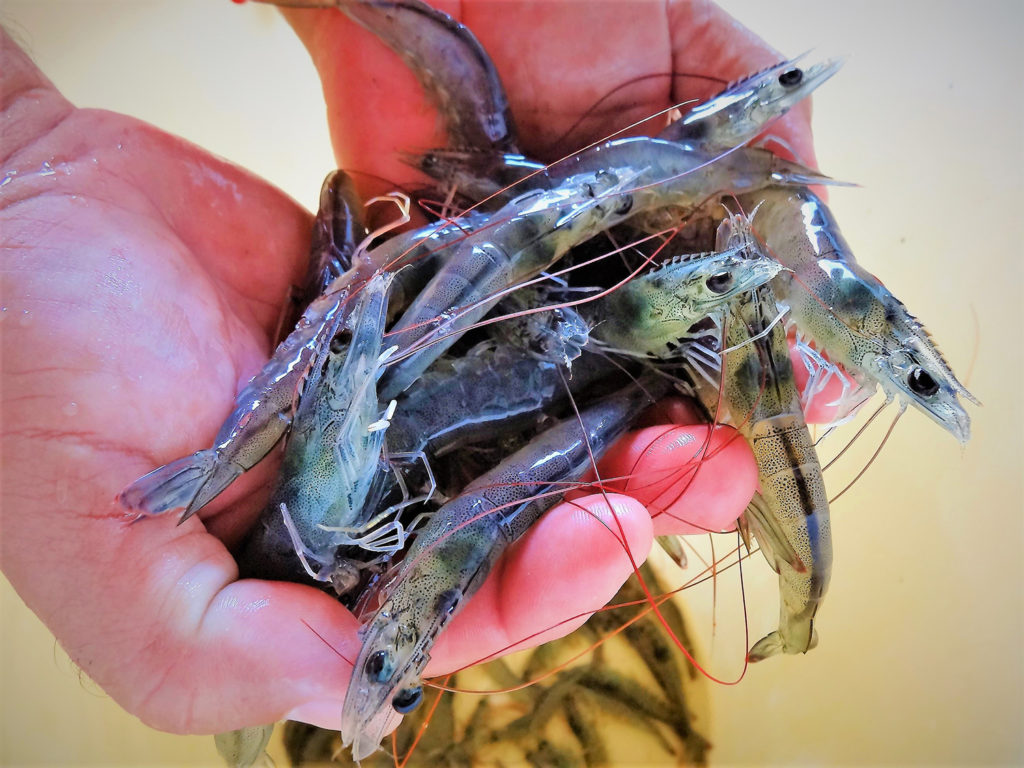
Aquafeeds
Krill meal performs well in shrimp feed experiments
A study of experimental diets for juvenile shrimp showed a halving of fishmeal usage. Limited inclusion of krill meal offset other expensive ingredients.
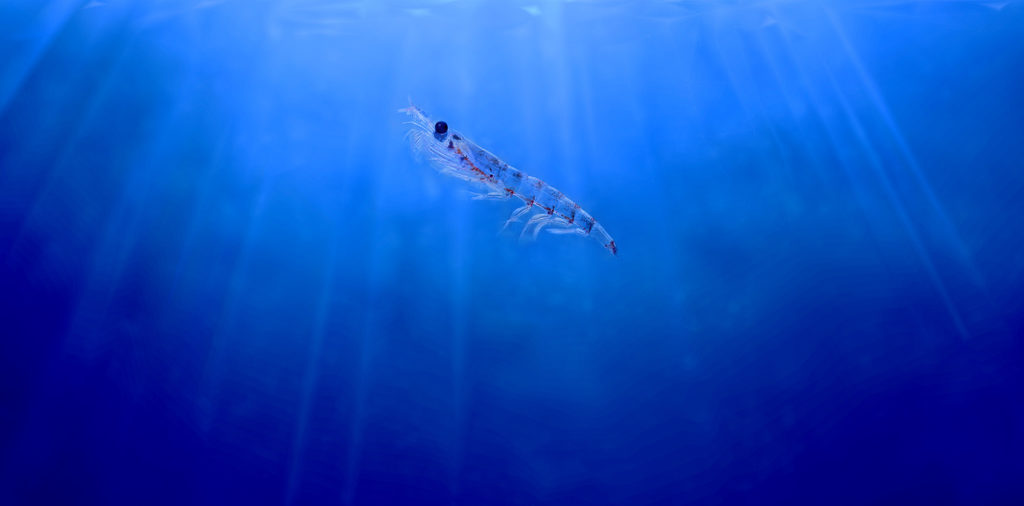
Aquafeeds
Will krill fulfill its promise as an aquaculture feed ingredient?
Krill has been shown to augment aquafeeds but utilizing and protecting the resource demands specialized equipment and a patient, collaborative approach.
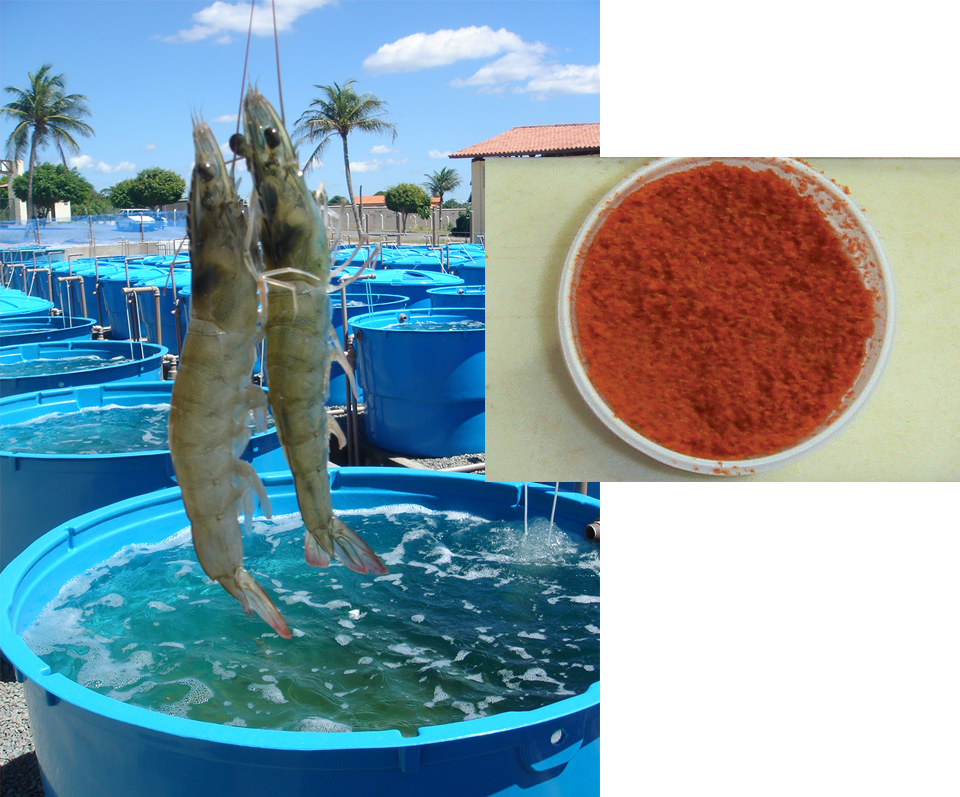
Health & Welfare
Krill meal use reduces other costly ingredients in shrimp study diets
Due to its high protein and highly unsaturated fatty acids content, krill meal can be an effective ingredient in aquafeed.
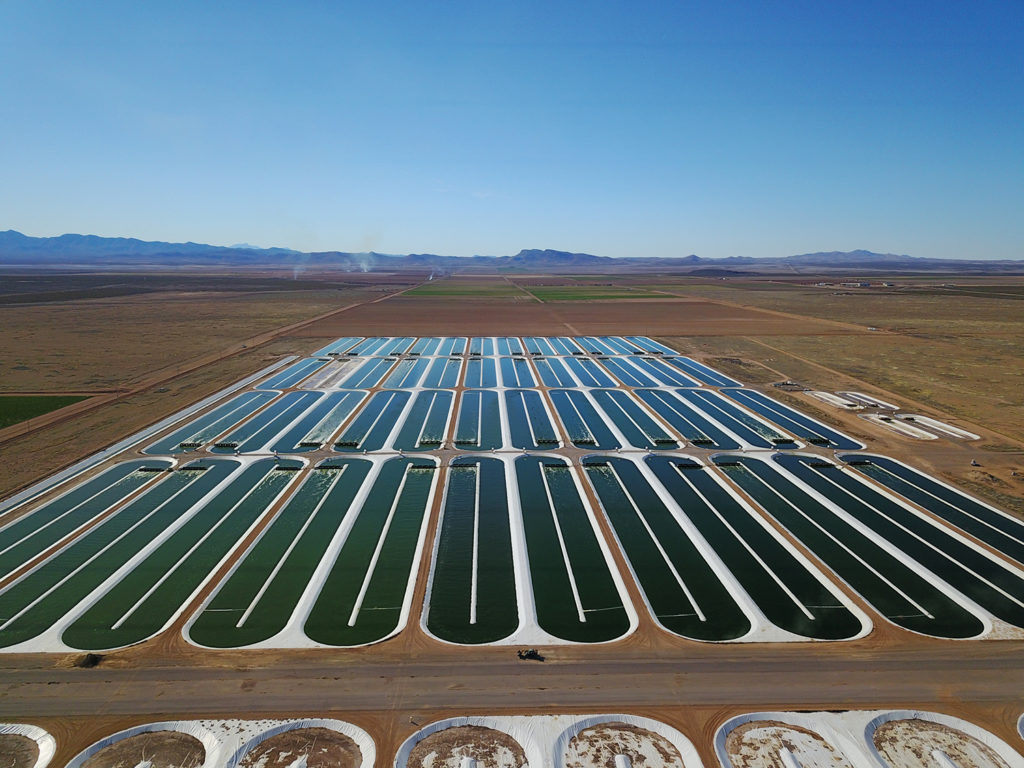
Aquafeeds
Pond-cultivated algae: Slimy superhero for aquafeeds?
Qualitas Health, which grows algae in ponds in New Mexico and Texas for human supplements, is entering the alternative aquafeed ingredient market.



